NYT: Selective justice of Hague Tribunal
Almost all of the West’s friends have been acquitted while almost all of the Serbs have been found guilty, writes the New York Times.
Sunday, 09.12.2012.
13:34

NEW YORK Almost all of the West’s friends have been acquitted while almost all of the Serbs have been found guilty, writes the New York Times. These results do not reflect the balance of crimes committed on the ground, writes the paper. NYT: Selective justice of Hague Tribunal Center for Humanitarian Dialogue Executive Director and UN Head of Civil Affairs in Bosnia-Herzegovina during the war David Harland said in the article that “more Serbs were displaced — ethnically cleansed — by the wars in the Balkans than any other community.” “And more Serbs remain ethnically displaced to this day. Almost no one has been held to account, and it appears that no one will be,” reads the article. He noted that he had no sympathy with the Serbs who had been convicted, adding that he had lived through the siege of Sarajevo. “I served as a witness for the prosecution in the cases against the former Serbian president, Slobodan Milosevic, the wartime leader of the Bosnian Serbs, Radovan Karadzic, and, most recently, the Bosnian Serb military commander, Ratko Mladic, who is accused of ordering the massacre at Srebrenica,” he explained. Harland stressed that it was not only Serbs who committed crimes. “The Serbs committed many of the war’s worst crimes, but were not at all alone, and it is not right, or useful, for them to carry the sole responsibility. Convicting only Serbs simply doesn’t make sense in terms of justice, in terms of reality, or in terms of politics,” the former UN official insists. According to him, Croat leaders “connived in the carve-up of Yugoslavia, and contributed mightily to the horrors in Bosnia-Herzegovina”. “I witnessed for myself the indiscriminate fury of the Croatian assault on the beautiful city of Mostar. I lived in a town in Bosnia where the decapitated heads of captured Muslims were displayed in the marketplace,” Harland said. “I saw for myself tens and tens of thousands of Serb civilian refugees fleeing Croatia in the wake of the 1995 Croatian offensive that ended the war. If the acquitted generals were not responsible for this ethnic cleansing, then somebody was, somebody who will presumably go free,” he added. Harland pointed out that the Bosnian Muslim leadership had deeply compromising links to the international jihahist movement and hosted at least three people who went on to play key roles in the 9/11 attacks on the U.S. He said that Kosovo Albanian authorities deserved a special mention, “having taken ethnic cleansing to its most extreme form — ridding themselves almost entirely of the Serb and Roma populations”. “Kosovo’s ancient Christian Orthodox monasteries are now almost the only reminder of a once-flourishing non-Albanian population. These monasteries have been the object of numerous violent attacks. Several have been destroyed; others remain under threat,” the Center for Humanitarian Dialogue executive director underscored. “What has happened at the Tribunal is far from justice, and will be interpreted by observers in the Balkans and beyond as the continuation of war by legal means — with the U.S., Germany and other Western powers on one side, and the Serbs on the other,” he noted. He believes that the not guilty verdicts will amplify the worst political instincts of the peoples of the former Yugoslavia: the persecution complex of the Serbs; the triumphalism of the Croats; the sense of victimization of the Bosnian Muslims; the vindication of the Kosovo Albanian quest for racial purity. “Each of these traits has some basis in truth, and each has been exaggerated and manipulated by politicians on all sides,” Harland added. “The lack of legal reckoning will once again channel grievances into the political process, laying up plenty of ammunition for further rounds of conflict. It is the opposite of what the war crimes tribunal for the former Yugoslavia was created to achieve,” he concluded. Tanjug nytimes.com
NYT: Selective justice of Hague Tribunal
Center for Humanitarian Dialogue Executive Director and UN Head of Civil Affairs in Bosnia-Herzegovina during the war David Harland said in the article that “more Serbs were displaced — ethnically cleansed — by the wars in the Balkans than any other community.”“And more Serbs remain ethnically displaced to this day. Almost no one has been held to account, and it appears that no one will be,” reads the article.
He noted that he had no sympathy with the Serbs who had been convicted, adding that he had lived through the siege of Sarajevo.
“I served as a witness for the prosecution in the cases against the former Serbian president, Slobodan Milošević, the wartime leader of the Bosnian Serbs, Radovan Karadžić, and, most recently, the Bosnian Serb military commander, Ratko Mladić, who is accused of ordering the massacre at Srebrenica,” he explained.
Harland stressed that it was not only Serbs who committed crimes.
“The Serbs committed many of the war’s worst crimes, but were not at all alone, and it is not right, or useful, for them to carry the sole responsibility. Convicting only Serbs simply doesn’t make sense in terms of justice, in terms of reality, or in terms of politics,” the former UN official insists.
According to him, Croat leaders “connived in the carve-up of Yugoslavia, and contributed mightily to the horrors in Bosnia-Herzegovina”.
“I witnessed for myself the indiscriminate fury of the Croatian assault on the beautiful city of Mostar. I lived in a town in Bosnia where the decapitated heads of captured Muslims were displayed in the marketplace,” Harland said.
“I saw for myself tens and tens of thousands of Serb civilian refugees fleeing Croatia in the wake of the 1995 Croatian offensive that ended the war. If the acquitted generals were not responsible for this ethnic cleansing, then somebody was, somebody who will presumably go free,” he added.
Harland pointed out that the Bosnian Muslim leadership had deeply compromising links to the international jihahist movement and hosted at least three people who went on to play key roles in the 9/11 attacks on the U.S.
He said that Kosovo Albanian authorities deserved a special mention, “having taken ethnic cleansing to its most extreme form — ridding themselves almost entirely of the Serb and Roma populations”.
“Kosovo’s ancient Christian Orthodox monasteries are now almost the only reminder of a once-flourishing non-Albanian population. These monasteries have been the object of numerous violent attacks. Several have been destroyed; others remain under threat,” the Center for Humanitarian Dialogue executive director underscored.
“What has happened at the Tribunal is far from justice, and will be interpreted by observers in the Balkans and beyond as the continuation of war by legal means — with the U.S., Germany and other Western powers on one side, and the Serbs on the other,” he noted.
He believes that the not guilty verdicts will amplify the worst political instincts of the peoples of the former Yugoslavia: the persecution complex of the Serbs; the triumphalism of the Croats; the sense of victimization of the Bosnian Muslims; the vindication of the Kosovo Albanian quest for racial purity.
“Each of these traits has some basis in truth, and each has been exaggerated and manipulated by politicians on all sides,” Harland added.
“The lack of legal reckoning will once again channel grievances into the political process, laying up plenty of ammunition for further rounds of conflict. It is the opposite of what the war crimes tribunal for the former Yugoslavia was created to achieve,” he concluded.











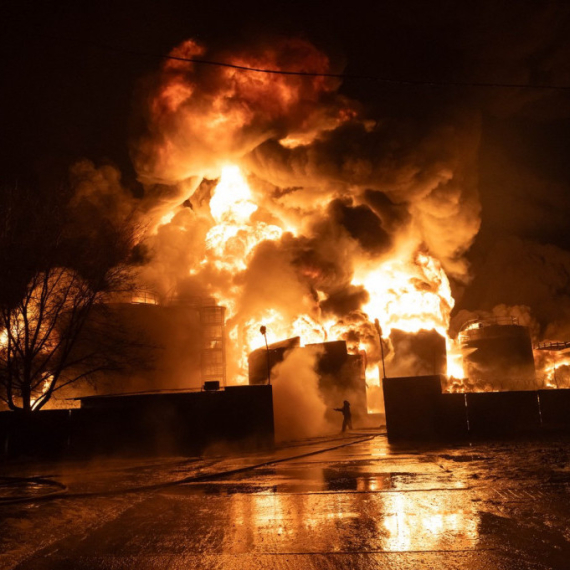



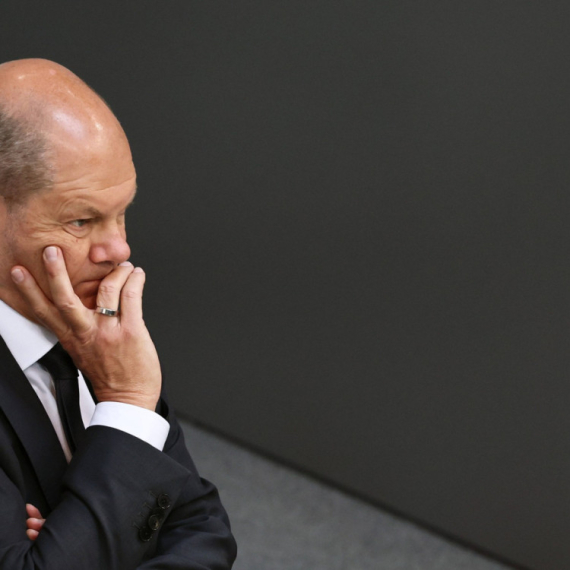
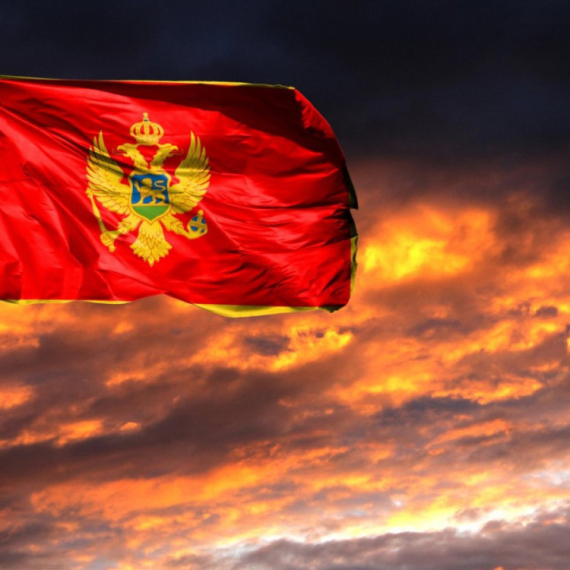
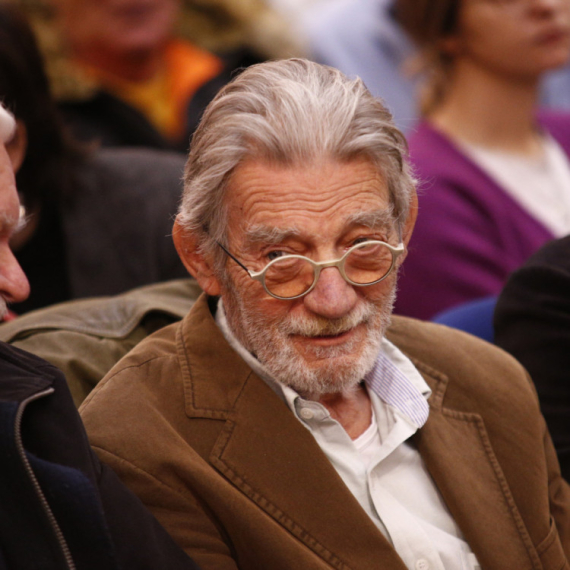
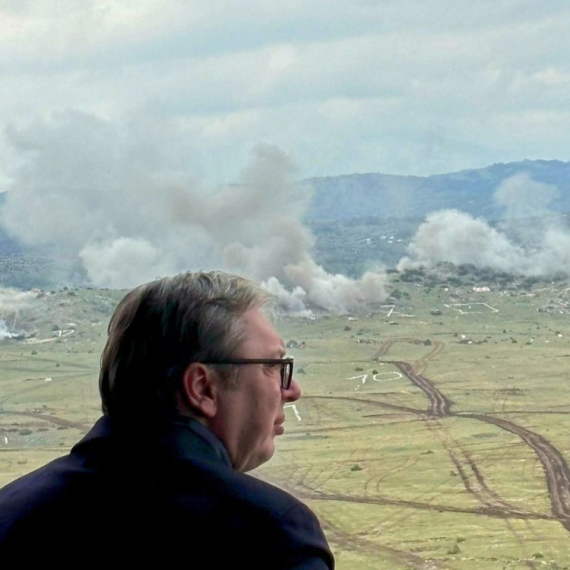








































Komentari 65
Pogledaj komentare